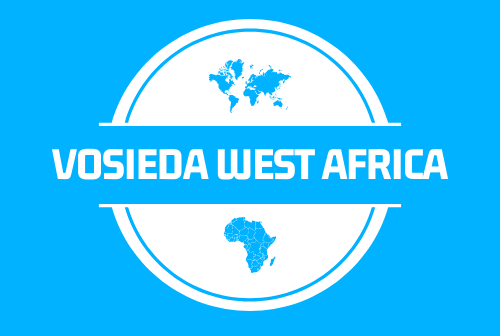Expected results:
- Functional Innovation Platforms (IPs) operating at different levels in target counties; institutional structures and partnerships for robust grassroot monitoring of forest law enforcement and governance in placed.
- Active participation from non –state-actors, including communities, in the preparation and implementation of FLEGT VPA increased.
- Stakeholders, civil society organizations, private companies, media and other organizations well informed of the EU-Liberia VPA preparations and implementation; and are actively engaged in monitoring FLEGT VPA actions and results.
The challenge:
Liberia’s dense forest coverage amounts to around 35.9% of the total land area, totaling an area of about 3.4 million hectares. Liberian forest is characterized by high deciduous forests in the more mountainous areas, rain-forest in the inland hills and plains, and evergreen coastal regions with areas of mangrove. However, there is a growing consensus that the traditional concession-based industrial logging in Liberia has not generated the desired economic, social and environmental benefits. Consequently, the timber trade and bad governance in Liberia have therefore been historically intertwined, hampering Liberia’s development and perpetuating conflict and civil wars.
The Interventions:
The project aimed to promote open and direct participation of Liberian grassroot NGOs, trade unions, academic and research institutions and most importantly forest communities in the VPA implementation.
National civil society represents the best candidate for long-term and consistent monitoring of forest operations and has a vested interest in improving governance. Engaging local civil society in the VPA process would not only improve forest governance at the border levels but also encouraged a culture of transparency and downward accountability in Liberia.
Results:
The built capacities of national civil society groups in independent monitoring of law enforcement and governance; raised awareness of independent monitoring of forest operations among stakeholders and instigated innovative technology base communication initiatives that promote equal opportunity to participate in the various facets of the FLEGT VPA implementation through:
- Initiating and ensuring institutional structures and partnerships for robust grassroot monitoring of forest operations
- Provided training in independent forest monitoring (IFM) to enabled CSOs to independently monitor forest operations and report on violations through innovative use of ICT and;
- Facilitated effective communications, knowledge sharing and tripartite dialogues among stakeholders including local communities, government, logging companies and donor organizations on issues of violations and compliance using modern information and communication technology (ICT).
Key facts
Sector: Forestry policy and administrative management
Domain: Environment
Benefiting zone: Miscellaneous Countries
Nature: Action Grants
